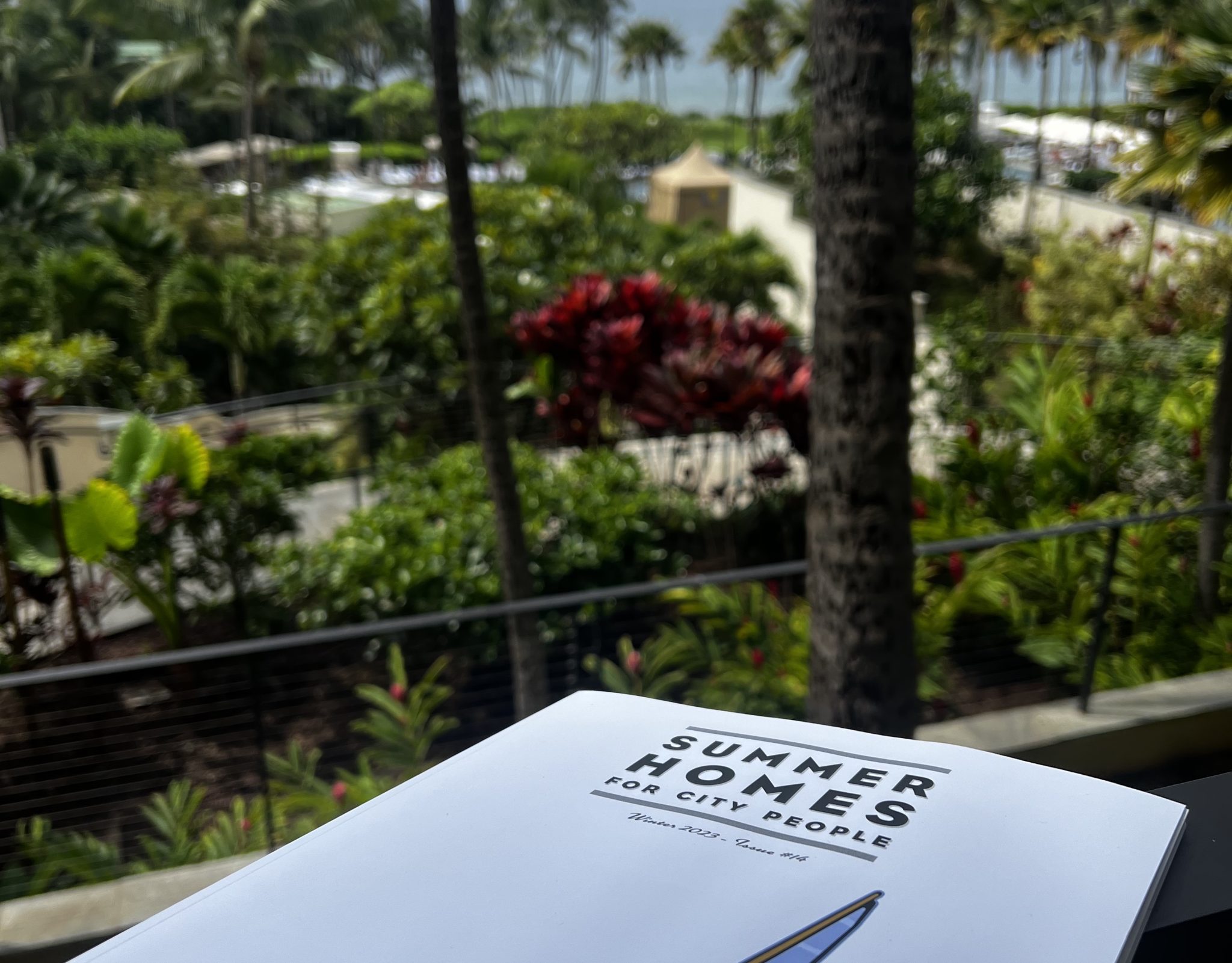I guess the job of a real estate agent is to pretend everything that’s happening makes sense. Years ago I used to quietly make fun of one market participant who always seemed to have a reason as to why a certain thing was happening. If a house sold for 5% less than the asking price, he’d say it was because of the harvest moon. See, when the harvest moon combines with a fed fund rate below 400 bps, then ranches in the Elkhorn countryside always sell for 5% off. This is the sort of thing I’d mock, though the scenario just given was rather obviously fictional. Probably. There’s a reason for everything to happen until there isn’t. It’s February at the lake and we should be adding inventory. But we aren’t. Why?
The answer is that I’m not sure. No one can be sure. Anyone who pretends to be sure should be ashamed of their certainty. This market is operating without any particular playbook, and the best I can do is speculate as to why. Speculation is not certainty, no matter how confident someone might be in their insistence. At this point, we know why the Covid hysteria put a halt to typical life cycle sales of vacation homes here. If it was time to sell in January of 2020, by March of 2020 it felt like that little lakeside oasis that was about to be listed for sale was now immensely valuable to the current owner. What a blessing to have a place to hide, we all thought. And so hide we did and houses that might have been earmarked for future sale had been removed from that potential inventory. The same could be said for 2021 and 2022, as buyers who didn’t have their own hideaway aggressively sought one. But now it’s 2023 and we hope we don’t have to think about Covid and the government’s reaction to it, so why hasn’t the typical life cycle of real estate resumed?
I’m not sure. Remember? It stands to reason that people are still dying and getting married and getting divorced and moving away for a job. Some are moving far away from everything they know so they can save a few percentage points of their AGI, but you already know how I feel about that sort of movement so I won’t expound. If these people are still moving and dying and loving and crying, then why aren’t their houses selling? The painful answer is that they actually still are. Volume is down, certainly, but it hasn’t stalled. Consider this year we’ve already seen one open market lakefront home find a buyer, and I know I’ve personally placed two other lakefront buyers into lakefront contracts, so the market, while glassy on the surface, has some movement underneath. What we don’t have is a rush of inventory, which makes 2023 just like 2022, which was just like 2021, which felt a lot like 2020. Shouldn’t we be used to this market by now? Maybe historical inventory norms won’t return for a few months, or years, or a decade. Maybe lake houses have become more desirable, as if they weren’t desirable before. If pressed to tell you why the inventory hasn’t returned, I’d tell you that it’s because the prospect of replacing the house seems impossibly daunting. A sale in 2015 meant you could just buy another lakefront house for more or less money after you sold. A sale in 2023 means you aren’t really sure when you’re going to find a replacement house, and that has forced a lot of potential sellers to remain as owners.
This will be an interesting month for the lakefront and lake access market. Inventory should be added this month. Should be. If it isn’t, then I won’t be surprised, not one bit. I should say that I’d be more surprised at this point if we do add inventory at any meaningful pace. I don’t know what other agents are working on, but I know that I’m not working on as much as I’d like to be. That’s why I was in Wailea last week sitting in the rain, but more on that some other time. It’s a beautiful day at the lake, and I’m here. If you’re looking for something you can’t find, you’d do well to contact me. And if you think you might want to maybe sell something that you don’t really think you can live without, well, I’m here for that, too.

